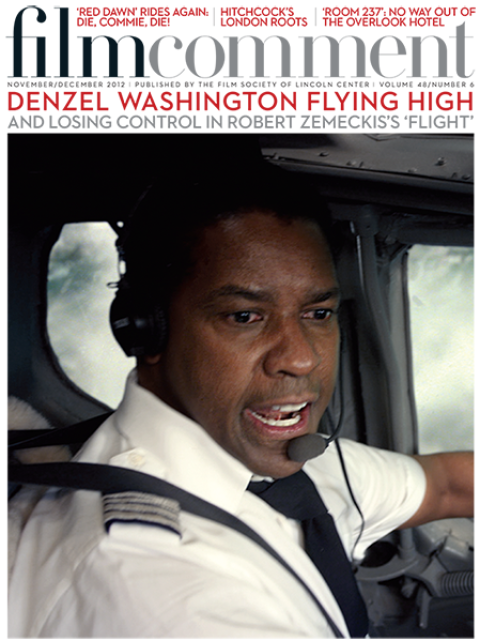
On April 21, 1989, one day after the attack on the woman known ever since as the Central Park Jogger, mayor Ed Koch proclaimed: “I think that everybody here—maybe across the nation—will look at this case to see how the justice system works. This is, I think, putting the criminal justice system on trial.” For many of the people directly involved with the affair, and for anyone paying attention, Koch had thrown down the gauntlet. Outrage, fear, and disbelief at the viciousness of the act demanded an action whose swiftness and severity must somehow match the crime. What this new documentary chillingly reminds us is that justice was indeed promptly meted out—but incorrectly. If you’re familiar with the details of this particular case, you already know the system failed spectacularly. Yet, for a host of ugly human reasons, people to this day still do not remember the fate of the five teenage boys who were wrongly convicted and sent away to prison in 1990.
The story begins with murky sound (a taped confession) and image (grainy nighttime photography). The infamous details are refreshed: the solitary jogger, the deserted bend in the park roadway, the beating and dragging of the victim’s body, and then the inexorable spread of the news coverage through the morning media. A standard-yet-effective montage follows, reminding viewers of the morass of late-Eighties NYC: subways emblazoned with graffiti, decaying tenement buildings, wide-eyed female news anchors with impossibly big hair, Al Sharpton, Bernhard Goetz, etc. (For some, of course, this was the Golden Age.)

The cornerstone of the prosecution’s case against Antron McCray, Korey Wise, Yusef Salaam, Raymond Santana, and Kevin Richardson rested on the videotaped confessions of the boys (then aged 14 to 16), which they would all later retract. As juveniles, they were required to have their parents present during the taped testimony, and as we see in the film’s perusal of the original video material and the remarks made by family members and their legal representatives, the statements were indeed confused and inconsistent, and the presence of the parents only added to the “tell the police what they want so we can get the fuck out of here” atmosphere.
Co-directors Ken Burns (yes, him), Sarah Burns (his daughter), and David McMahon (his son-in-law) build upon the already spectacular research of Sarah’s 2011 book, The Central Park Five. The documentary’s balance between extensive period footage and remarkably intimate present-day interviews (McCray declined to appear, but he did participate, and his voice is heard) underscores both the agonizing amount of time that has elapsed since the original crime and the startling youthfulness of the alleged perpetrators at the time.
The film, in some ways a primer on the perennial intractability of racial prejudice, clearly intends to be some sort of vindication of its five central figures (the book is in fact dedicated to them). It succeeds in the first respect but falls wide of the mark in the second: the Central Park Five are not guilty as charged, but having probably been participants in one or more of the multiple incidents of mayhem that night, they can’t really be seen as individuals who have been fully exonerated. As it happens, one ironic defense argument places a few of the accused in another part of the park during the rape, where they were possibly involved in a different violent attack. Yet the most disturbing, and surely most unintended reading of the film involves one Matias Reyes who, in 2001, after a behind-bars conversation with Korey Wise, started to feel guilty about the fact that Wise was serving time for the crime Reyes himself had actually committed. Reyes eventually confessed, the wheels of justice began to turn, and the true facts emerged. It’s hard to fathom, but Reyes, a convicted serial rapist and murderer, is in some way the hero of this sorry tale.








